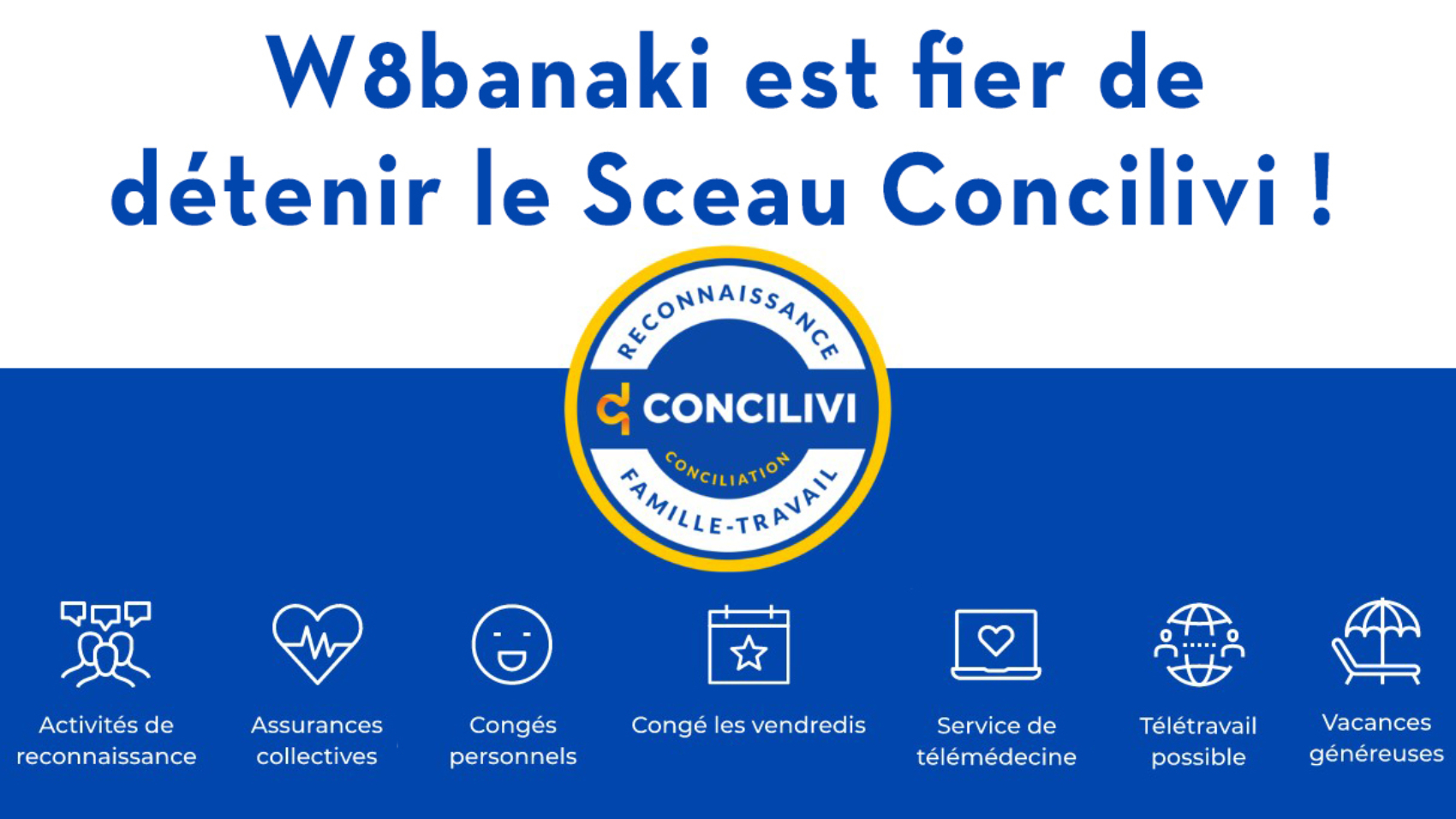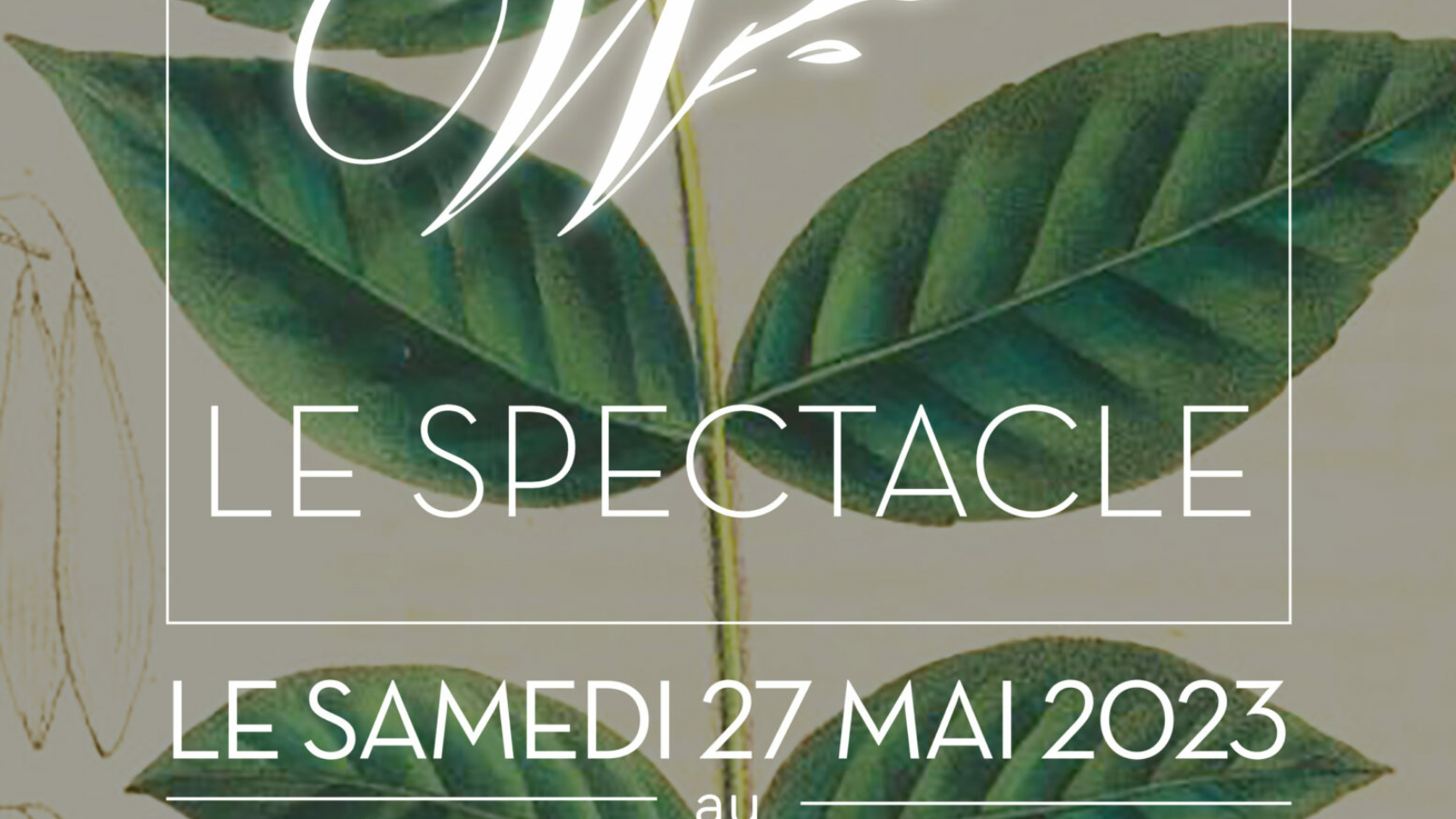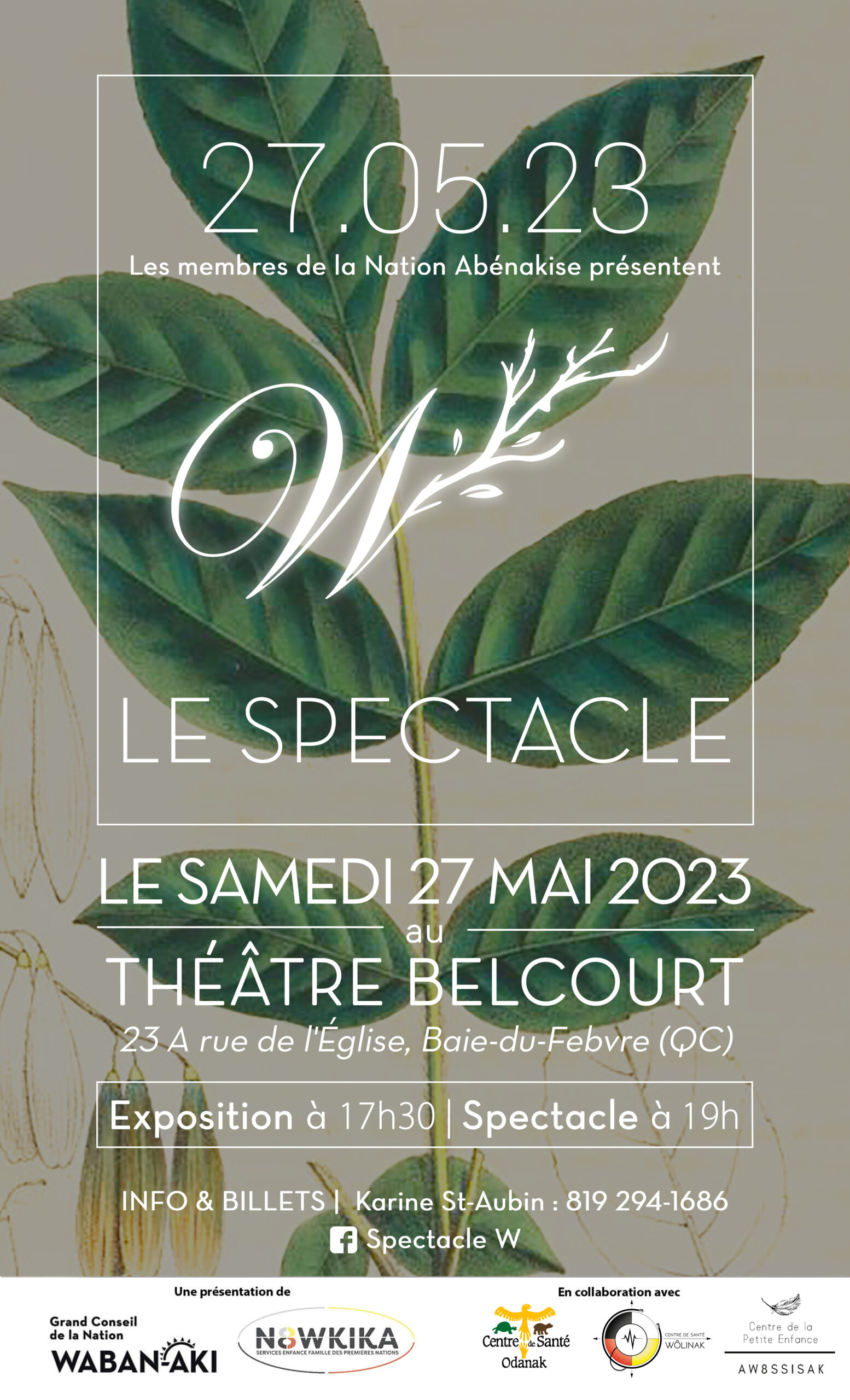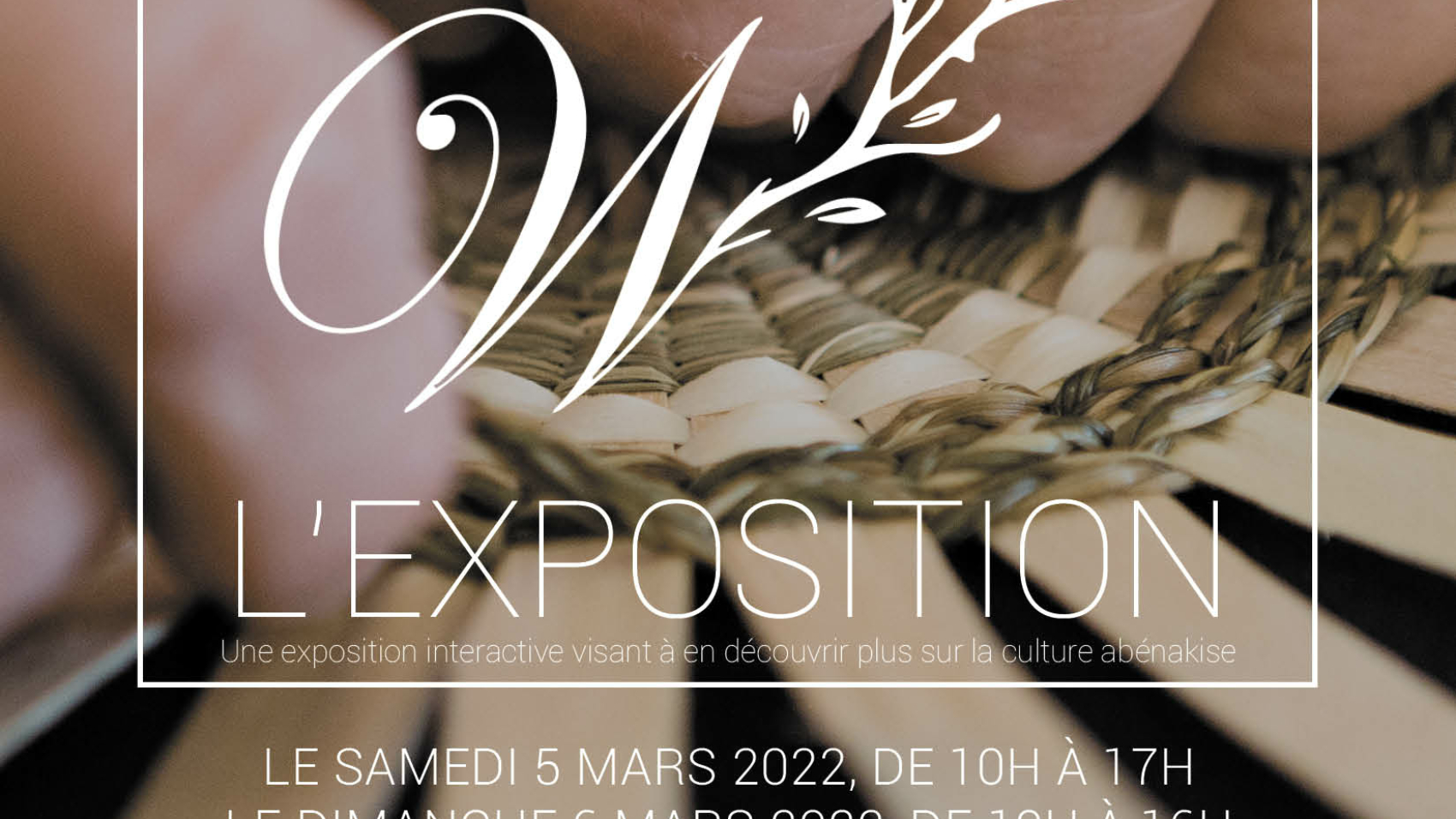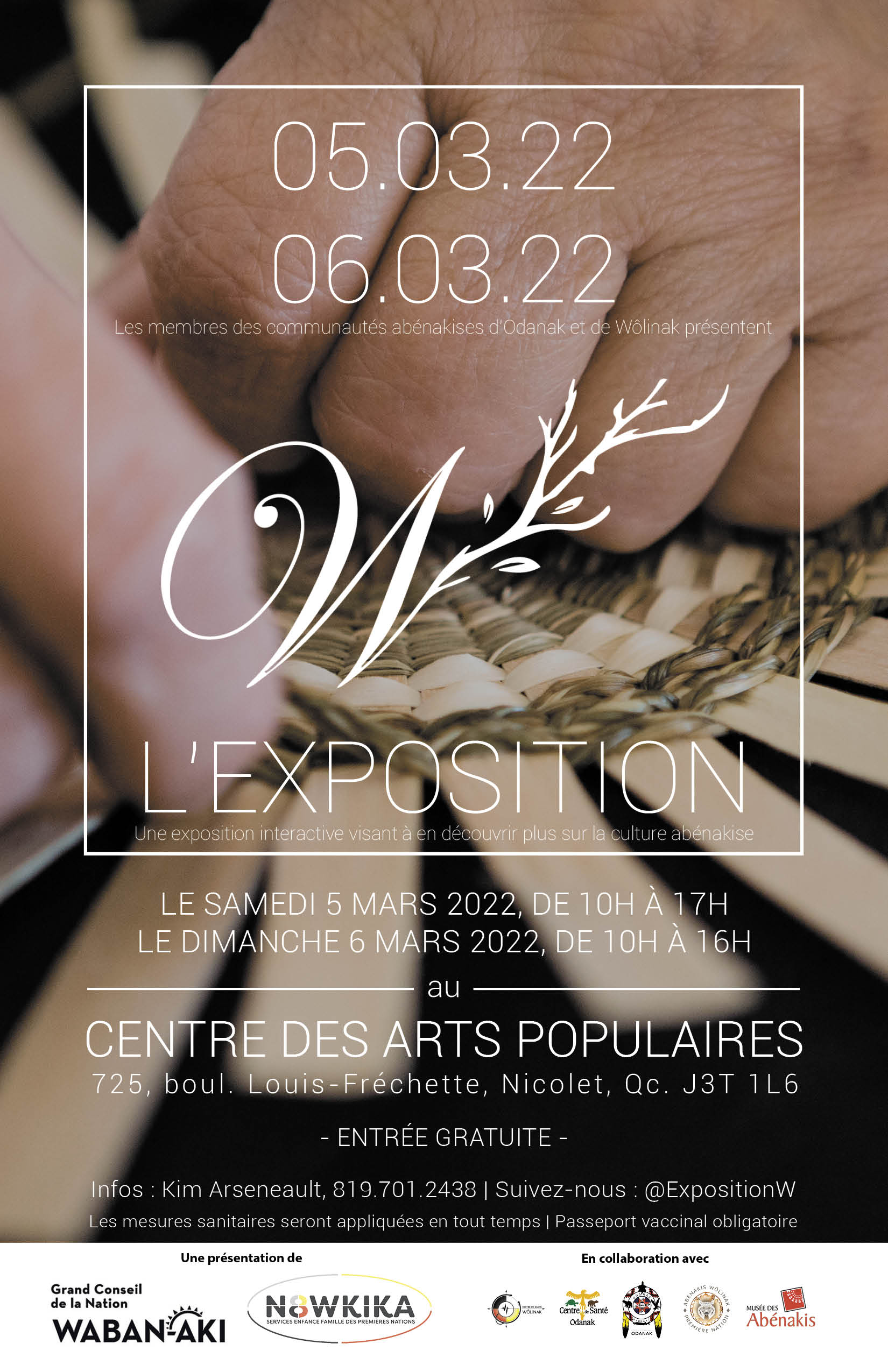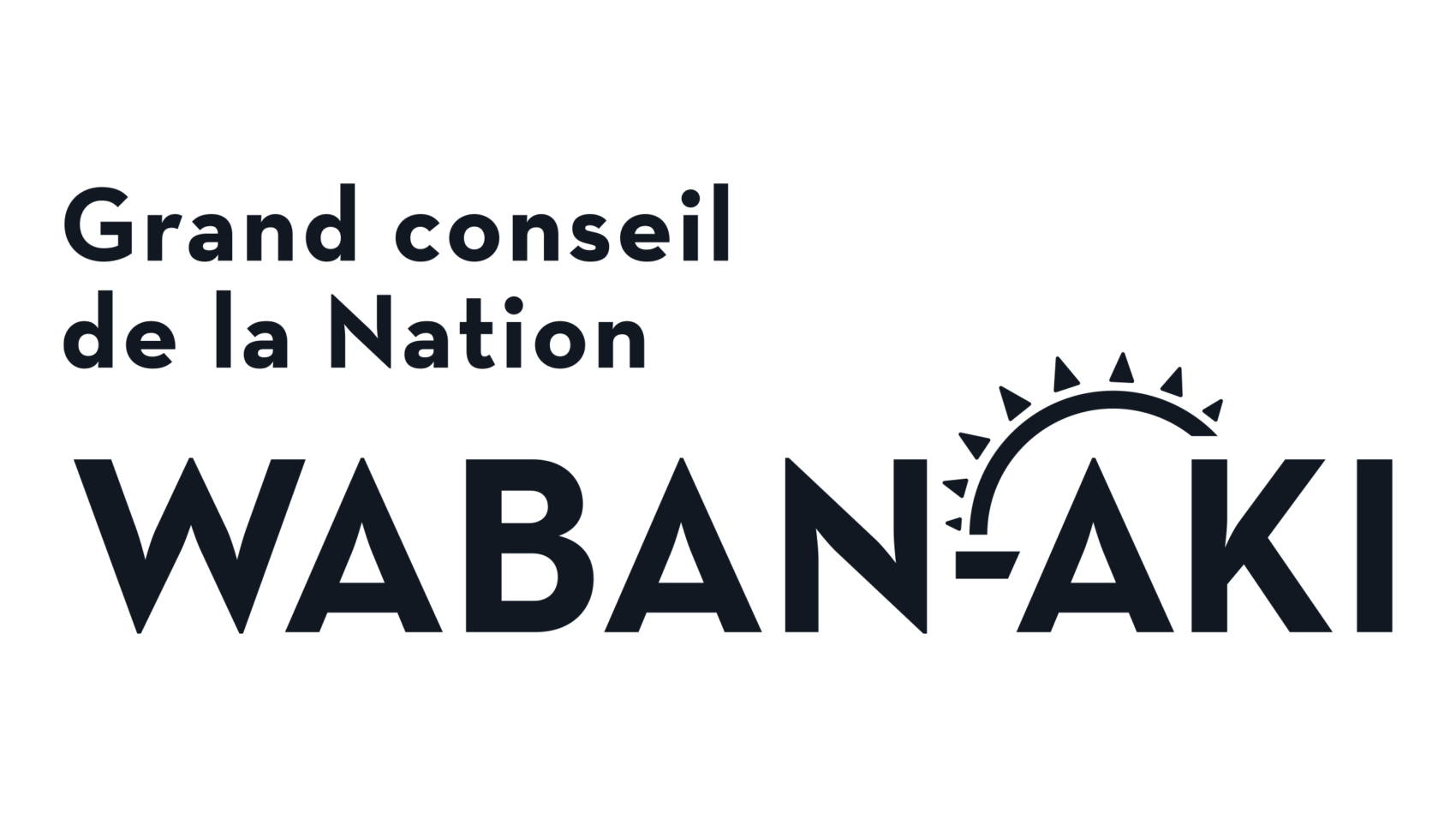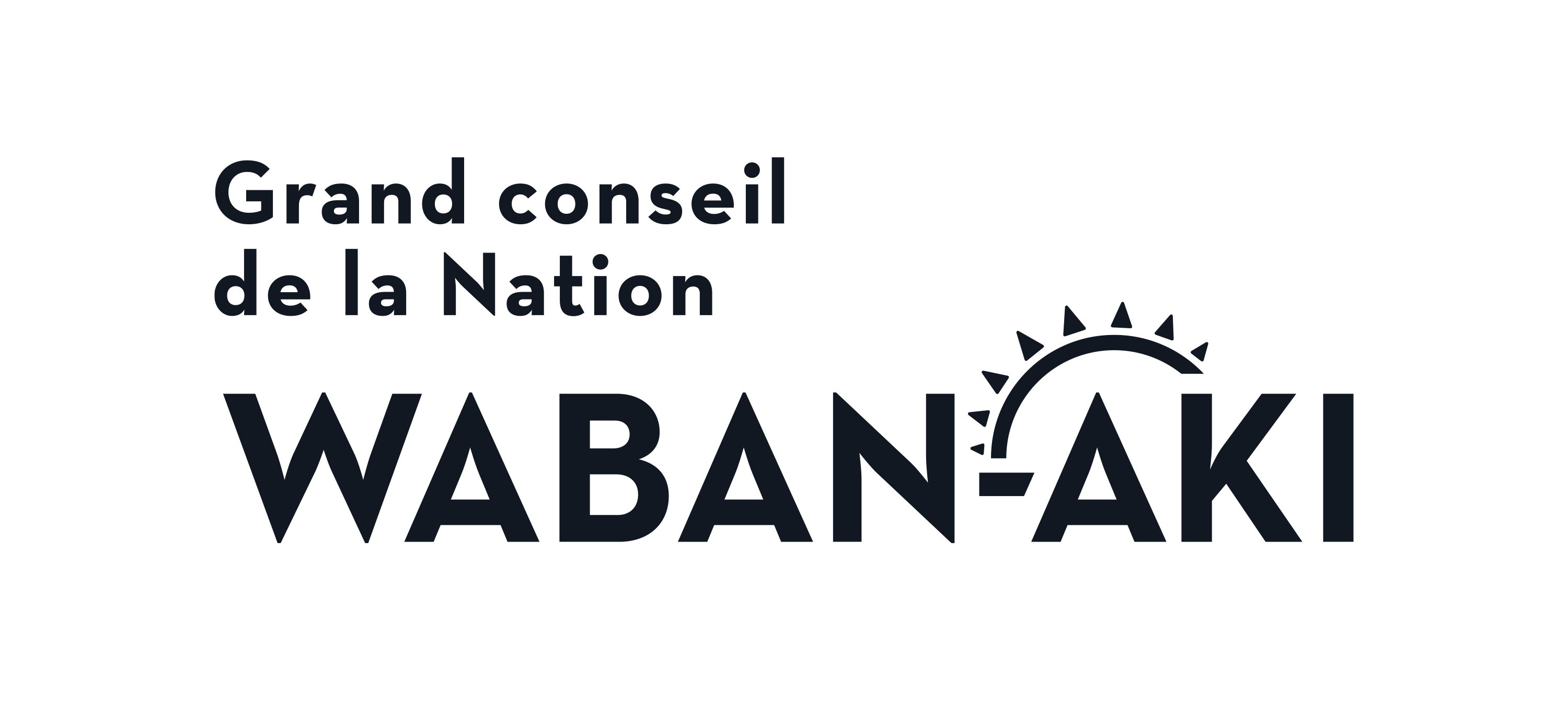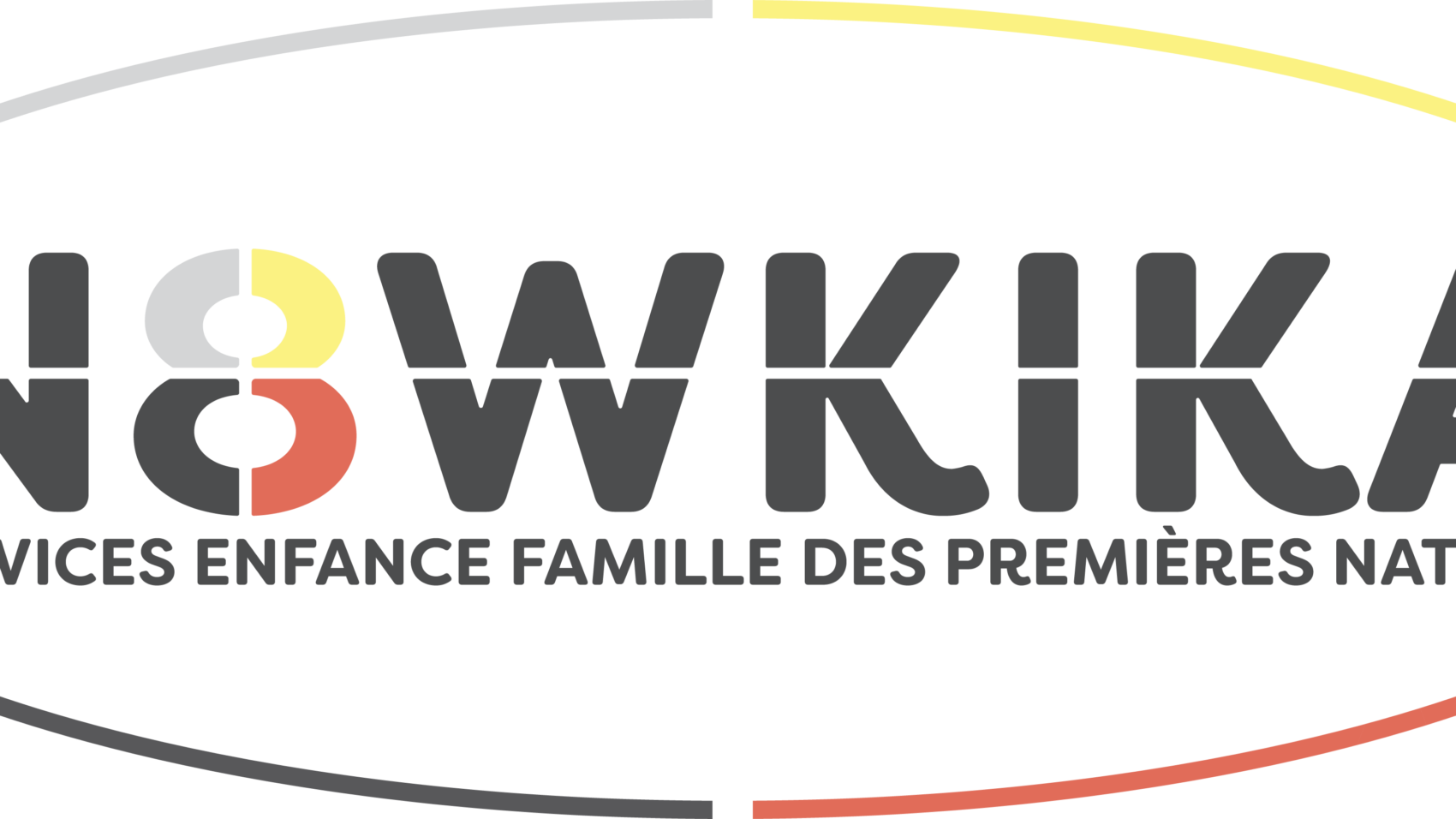Chiefs of Odanak, W8linak, Kahnawà:ke, Wendake, Gespeg, Gesgapegiaq, Essipit and Long Point First Nations signed a letter addressed to Steven Guilbeault, Minister of Environment and Climate Change Canada (MELCCC), and to Marc Miller, Minister of Crown–Indigenous Relations Canada. The letter denounces how important the protection of First Nations’ rights and interests remains with regards to listing the Black Ash under the Species at Risk Act (SARA).
During November of 2018, the Committee on the Status of Endangered Wildlife in Canada (COSEWIC) completed an assessment of the state of the Black Ash population across the country. The COSEWIC suggested to list the species as endangered, using the rationale that the emerald ash borer, a species of invasive beetle, decimated a substantial proportion of Black ash across its distribution area in Canada.
Following the assessment completed by the COSEWIC, the MELCCC initiated a consultation process focused on the potential listing of the Black ash as an endangered species to Schedule 1 of the SARA. This process allowed for a deeper understanding of socio-economic and cultural matters that would result from the suggested listing. The MELCCC will then have to forward his recommended course of action to the governor in council.
With regards to this consultation, the signatory Chiefs remain adamant: the Black Ash is a highly significant species on cultural, spiritual, and socio-economic levels for several First Nations across Quebec. Listing the Black Ash under the SARA would result in several prohibitions, the latter of which may have serious consequences on traditional activities that are closely connected to the species. Intergenerational transmission, along with the continuity in traditional practices might be called into question.
According to Chief O’Bomsawin: “Black ash and our baskets have always been at the center of our culture. Basketry is our way of life that, this is what is at stake here”.
Chef Montour: “Imposing restrictions on Indigenous basket makers will not have the effect of reducing the decline of the black ash tree. This decline is caused by an invasive insect, and not by the Indigenous Peoples who have been sustainably harvesting the black ash tree for generations. Restrictions will however result in impacts to Indigenous rights and the loss of important cultural practices.”
Facing such findings, signatory chiefs demand that agreements be signed with First Nations, upstream of the Minister’s final decision, to allow for the protection of rights and interests. If no measures are taken to protect such rights and interests, the chiefs recommend that the Black Ash must not be listed under the SARA.
____________________
To read the letter sent to the ministers, click here.

